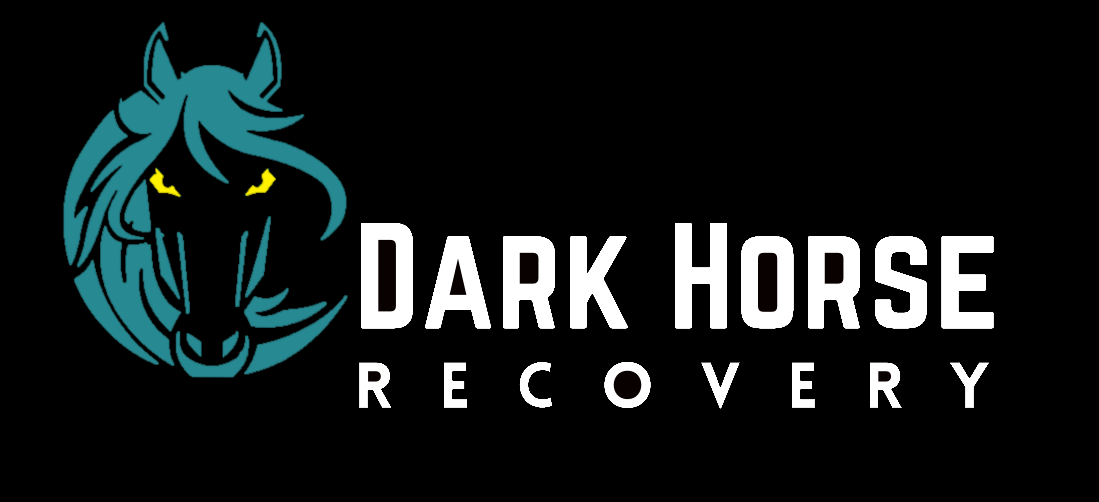If you have a family member who is struggling with substance use disorder. You may feel like you are in a constant battle with yourself because addiction doesn’t just affect the individual with substance use disorder themselves, it affects their whole family. Trying to decide whether to enable them or not. Enabling an individual with substance use disorder only perpetuates the cycle of addiction and can be very damaging to both parties involved. In this blog post, we will discuss the steps you need to take to break the cycle of enabling a loved one with substance use disorder and help them get on the road to recovery.
Understand the definition of enabling
Most people think of enabling as providing material or financial support to someone with an addiction. However, there is much more to it than that. Enabling also includes any behavior that allows the individual to continue substance abuse or engage in behaviors without facing the full consequences of their actions.
Many people enable individuals with substance use disorder because they think they are helping them. They may believe that the individual would be even worse off without their support. But in reality, all they are doing is prolonging the addiction and making it harder for the individual to ultimately recover.
If you think you might be enabling a loved, getting help is important. Talk to a professional about the best way to confront the addiction and provide the support that will actually be helpful. You can make a huge difference in someone’s life with the right approach.
Identify what behaviors constitute enabling
There are many different behaviors that could be classified as enabling behaviors. Some examples include making excuses for the individual’s behavior, bailing them out of legal trouble or financial difficulties, and lying to other family members and friends about what the individual with substance use disorder is really up to.
These behaviors can often be motivated by a desire to help an individual with a substance use disorder. However, in reality, they are usually just prolonging the addiction and making it harder for the individual to recover.
If you are concerned that you might be enabling an individual with substance use disorder, it is important to seek help from a professional. They can help you develop a plan to confront the addiction and provide more effective support. You can make a positive difference in someone’s life with the right approach.
Why do people enable individuals with substance use disorder?
There are a few reasons why family members enable addiction. First, they may feel sorry for their loved one and believe that if they help them, they will be able to get better. Second, the person enabling the loved one with substance use disorder may be in denial about the severity of the addiction and believe that if they just provide support, everything will be okay. Third, they may be afraid of what will happen to the loved one with substance use disorder if they don’t help them, so they enable it out of fear.
Whatever the reason, enabling an individual with substance use disorder is not helping them in the long run. It only prolongs their addiction and prevents them from getting their needed help. If you know someone who is enabling an individual with substance use disorder, try to talk to them about it and help them see the harmful effects of their actions. only then can they make a change.
Steps to breaking the cycle of enabling and helping someone get clean and sober for good
Breaking the cycle of enabling a loved one with substance use disorder can be difficult, but it is possible. Here are a few steps to help you break the cycle and start living your life:
Step One: Understand why you’re enabling. Oftentimes, we enable our loved one’s addiction because we want to help them. We think that if we just give them a little more money or a little more time, they’ll be able to get their life together. But what we’re really doing is preventing them from experiencing the natural consequences of their drug addiction.
Step Two: Set boundaries. Once you’ve recognized that you’re enabling a loved one with substance use disorder, it’s important to set boundaries. This means no longer enabling their addiction by giving them money or ignoring their bad behavior. Instead, let them know that you will stop enabling their addiction and that they need to get help.
Step Three: Seek professional help. If you’re struggling to break the cycle of enabling a loved one with substance use disorder, it’s important to seek professional help. There are many resources available to help you deal with your own emotions as well as support your loved one with substance use disorder in getting addiction treatment.
Supporting a loved one with substance use disorder in seeking treatment
Addiction is a serious problem that requires professional medical advice to overcome. If you know someone who is struggling with addiction, families affected should encourage their loved one with substance use disorder to seek treatment. Treatment can be very effective in helping people recover from addiction and lead healthy, productive lives.
There are many different types of treatment available for drug abuse, so it is important to find one that is right for the individual. Some people may need to go to a residential treatment facility, while others may be able to receive treatment on an outpatient basis. There are also many different types of therapy, like individual, Group & family therapy, that can effectively treat addiction and alcohol abuse.
If you are not sure where to start, there are many resources available to help you find the right treatment for the person you care about. The most important thing is to be supportive and encourage the individual with substance use disorder to seek help. Addiction and alcohol use disorder is a serious problems, but they can be overcome with the right treatment facilities and support.

Recent Comments